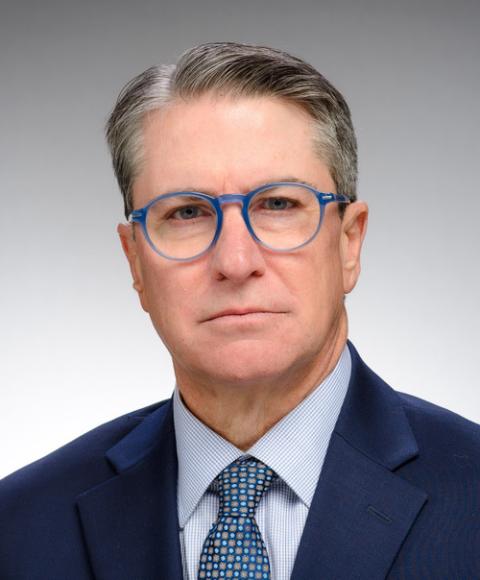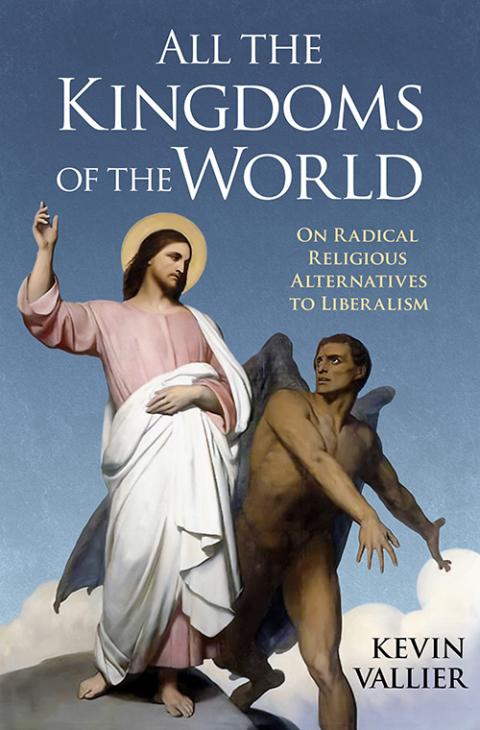Jabar Walker came to court in handcuffs, and left a free man
Wayne Gardine, despite his exoneration still faces deportation to Jamaica
On a Single Day, Two Men Are Cleared in Decades-Old Manhattan Murders
Jabar Walker and Wayne Gardine were convicted in an era of crime and corruption that has created a wave of exonerations years later.
Experienced criminal defense lawyers and honest prosecutors know the frailties of human memory and perception. Eyewitness identifications of fleeting incidents - a purse snatching, an armed robbery on the street, a police `lineup with jailed men of similar height, weight, and age are the stuff of drama, and sometimes of comedy.
But until recent decades the problem drew little attention from the courts. Two things changed: the development of social psychology evidence showing the unreliability of eyewitness IDs, then, more impactfully, the work of The Innocence Project which learned that DNA evidence can prove the innocence of convicts whose guilt had been declared by a jury to have been dhow beyond a reasonable doubt.
The Rules or Professional Conduct RPC 3.8 below] have been amended to reflect this knowledge. This week we saw two innocent men freed of murder charges after long prison terms for murders committed in the 1990s. One was feed by the efforts of The Innocence Project, the other by the Wrongful Conviction Unit of the Legal Aid Society - New York County's public defenders. The New York Times reports HERE.
- GWC
ABA RPC 7.8 Special Responsibilities of Prosecutors
*
(g) When a prosecutor knows of new, credible and material evidence creating a reasonable likelihood that a convicted defendant did not commit an offense of which the defendant was convicted, the prosecutor shall:
(1) promptly disclose that evidence to an appropriate court or authority, and
(2) if the conviction was obtained in the prosecutor’s jurisdiction,
(i) promptly disclose that evidence to the defendant unless a court authorizes delay, and
(ii) undertake further investigation, or make reasonable efforts to cause an investigation, to determine whether the defendant was convicted of an offense that the defendant did not commit.
(h) When a prosecutor knows of clear and convincing evidence establishing that a defendant in the prosecutor’s jurisdiction was convicted of an offense that the defendant did not commit, the prosecutor shall seek to remedy the conviction.






